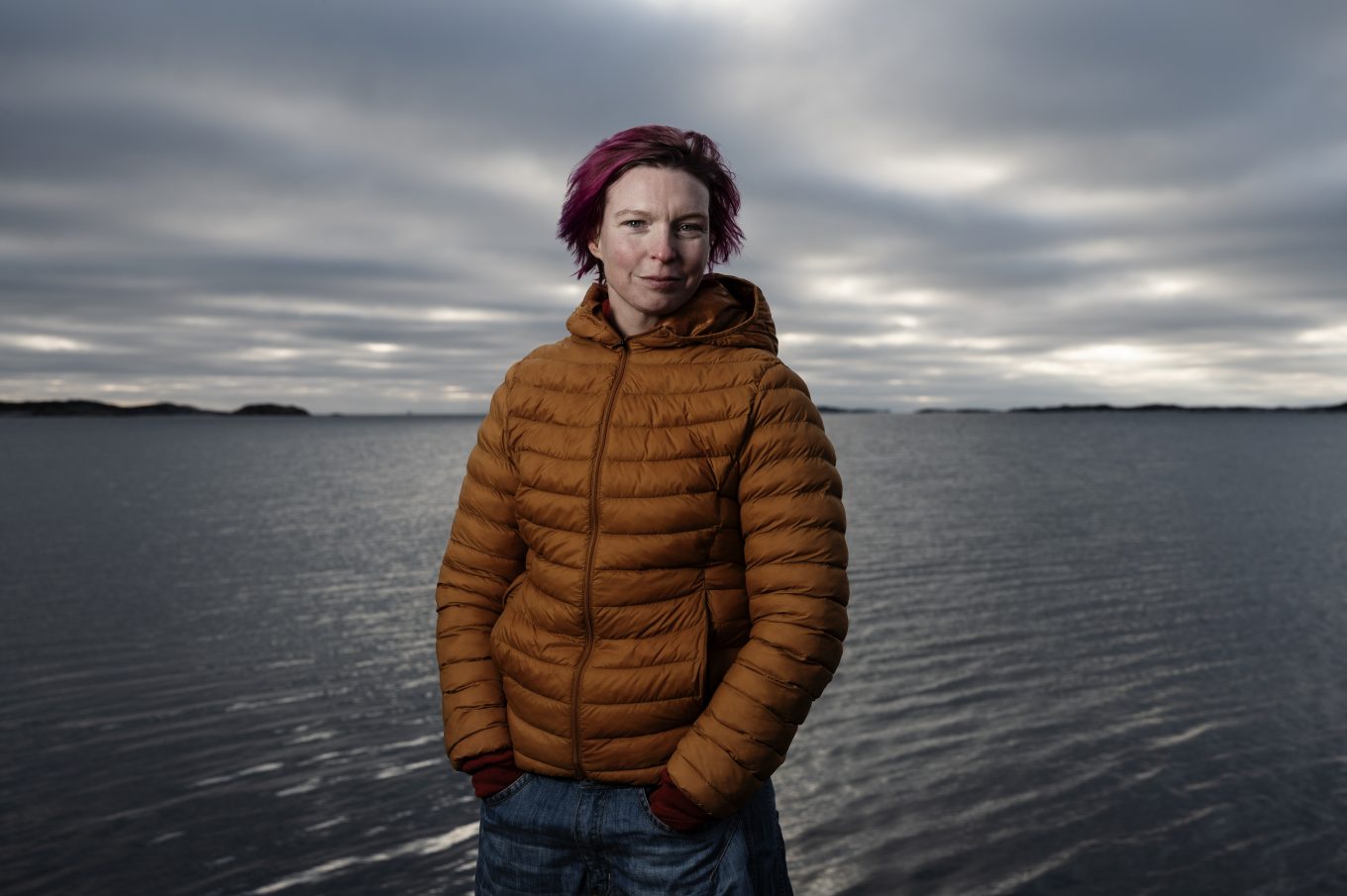Voluntary isolation? Not an idea which will appeal to most at the moment, but Swedish nurse Lisa Enroth thinks differently. While there is currently an international craving for human interaction and a sense of normality, Enroth entered a competition to spend a week on a remote island and won.
The competition was created by Göteborg film festival, whose focus this year is ‘Social Distances’. As part of the festival, they created ‘The Isolated Cinema’: an opportunity to watch their 60 film programme in a lighthouse on the Swedish island of Pater Noster, with no social contact. Within two weeks of the competition launch, the festival had received more than 12, 000 applicants from around the world, but through a process of interviews and tests, they eventually chose Lisa Enroth as their winner.
While on the island she had no computer, phone or entertainment, other than the screen set up for her to watch the films. This was at the top of the lighthouse, with 360 views of the island and sea. There was one other person on the island for security reasons and she had access to a tablet once a day to film a video diary.
Silence, the inability to leave the same four walls you have been staring at for days, distance from social interaction and the only activity is watching films: is this life in a lighthouse or life in a covid lockdown? For most of the country, who have been glued to TikTok and Netflix for almost a year now, watching films on an isolated island may sound like a heightened extension of what they are already living through. But for Lisa Enroth, it gives her ‘the possibility to be part of a different kind of reality’. As an emergency nurse, Enroth has been working tirelessly throughout the pandemic and describes herself as ‘drained of energy’. The island will allow Enroth time for reflection and relaxation away from her daily pressures of life while exploring the hobby she loves.
As Enroth comes to the end of her week, her video diaries are available on the Göteborg Film Festival website. Within them, she shows the island and its landscape, while giving her reactions to the films she has watched and her experience of this new type of isolation. She speaks of her difficulties with the isolation – she felt some of the films would have been better seen in a full cinema, or shared with friends, and, like most of us, she misses gathering with others. She also speaks, however, about the positives of being alone, as watching these films in an isolated environment amplified her emotions and reactions to them. She also describes bird watching, which Enroth says is an example of how she has been able to stop and stare for hours on end, in a way which is not possible in normal life.
While the ‘Isolated Cinema’ is a symbol of the distanced times we are currently living, it also brings to light new connotations with a word we now use daily, as Enroth highlights how isolation can bring an opportunity for personal reflection, calm and escape.
Image Credit: Ola Kjelbye, Göteborg Film Festival

